The U.S. administration has announced expanding monkeypox testing capacity in order to cope with rising infection cases.
A total of 173 reported monkeypox cases have been reported in 25 states across the country as of Thursday, according to the latest data of the U.S. Centers for Disease Control and Prevention (CDC).
The United States plans to start testing for monkeypox at five of the nation's largest commercial laboratories, broadening its effort beyond government facilities in an effort to address rising case numbers, the U.S. Department of Health and Human Services (HHS) said Wednesday.
It is not clear how people were exposed to monkeypox, but early data suggest that gay, bisexual, and other men who have sex with men make up a high number of cases, said the CDC. "However, anyone who has been in close contact with someone who has monkeypox is at risk," the agency noted.
With more than 3,200 confirmed cases of monkeypox reported in nearly 50 countries, the World Health Organization (WHO) is meeting Thursday to consider whether to classify the ongoing monkeypox outbreak as a "global emergency."
"Person-to-person transmission is ongoing and is likely underestimated," WHO director-general Tedros Adhanom Ghebreyesus said Thursday.
The U.S. CDC is urging healthcare providers nationwide to be alert for patients who have rash illnesses consistent with monkeypox, regardless of whether they have travel or specific risk factors for monkeypox and regardless of gender or sexual orientation.
In order to address rising case numbers, the CDC has begun shipping monkeypox tests to the five companies: Aegis Science, Labcorp, Mayo Clinic Laboratories, Quest Diagnostics and Sonic Healthcare, according to the HHS.
Healthcare providers will be able to use the testing services in early July, and more tests will be available throughout the month, according to the HHS.
"By dramatically expanding the number of testing locations throughout the country, we are making it possible for anyone who needs to be tested to do so," HHS Secretary Xavier Becerra said in a statement.
Experts have warned that the United States should avoid repeating mistakes made during the early days of the COVID-19 pandemic, when testing was bogged down by supply strains and regulatory hurdles, leading to delays in responding to the crisis.
Health professionals also express concern that the country is not testing enough, leaving it unable to accurately assess how quickly monkeypox is spreading.
Monkeypox is a rare disease caused by infection with the monkeypox virus. Monkeypox is rare and does not spread easily between people without close contact, according to the CDC.
The disease mostly occurs in west and central Africa and only very occasionally spreads elsewhere.
The first U.S. case was reported to the CDC on May 17.









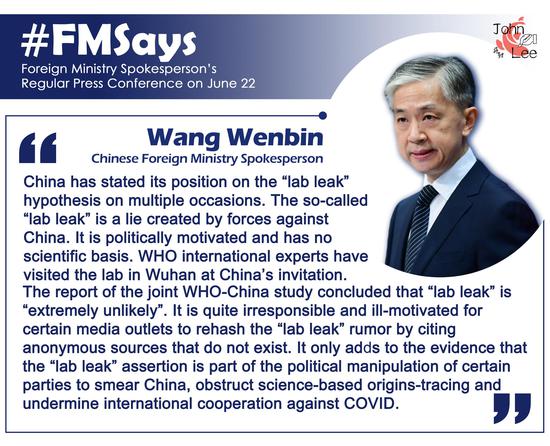

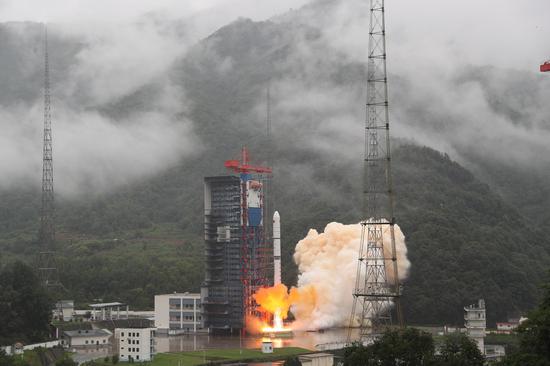

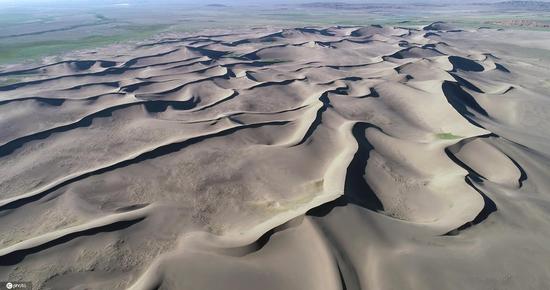
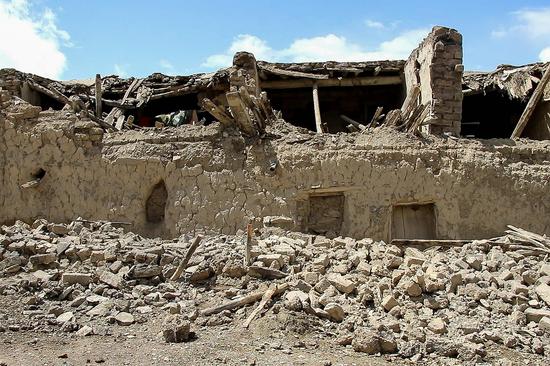
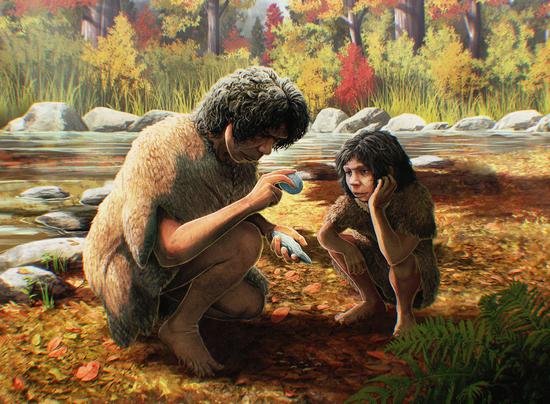
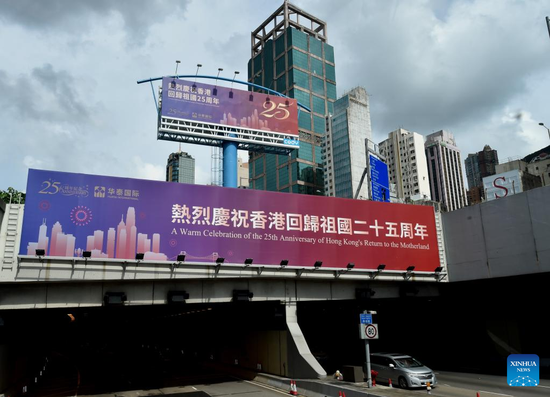
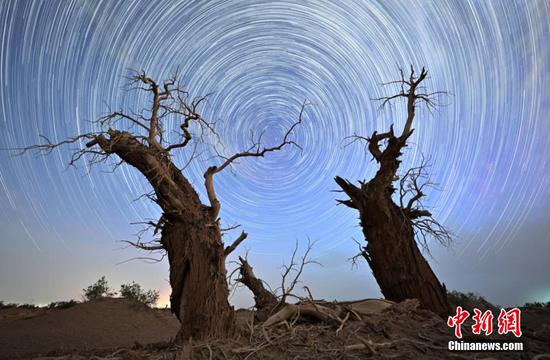
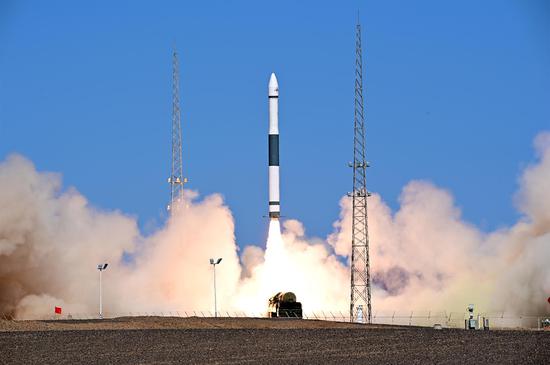




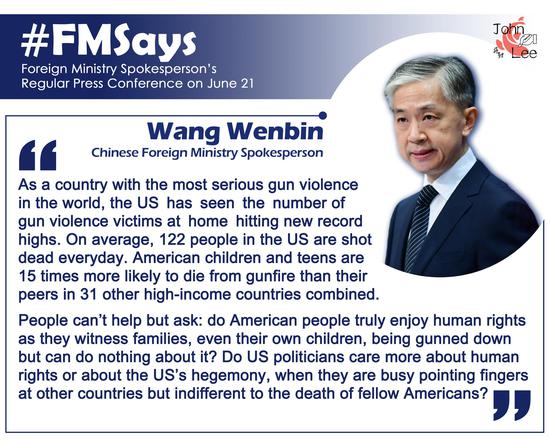
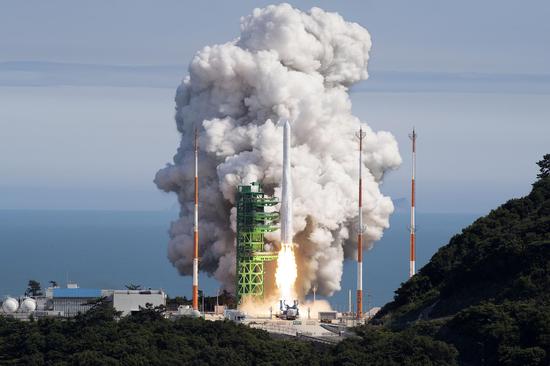

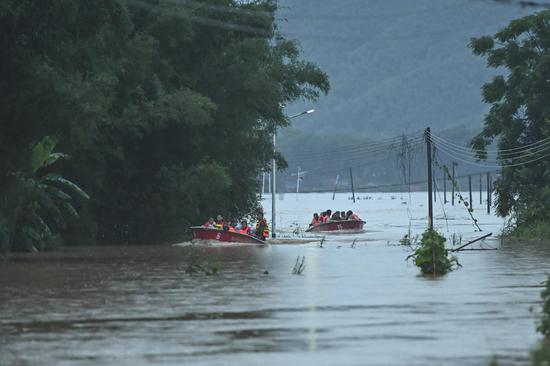
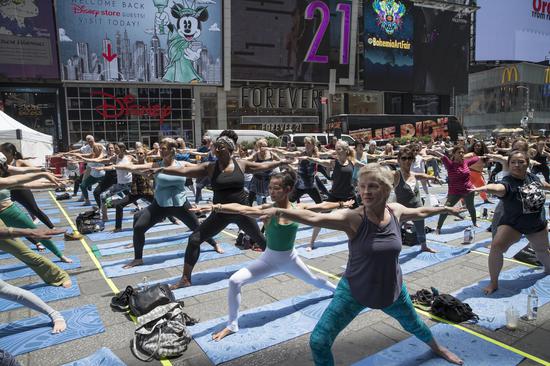

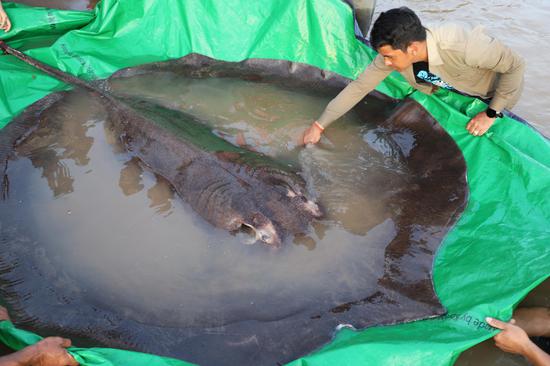


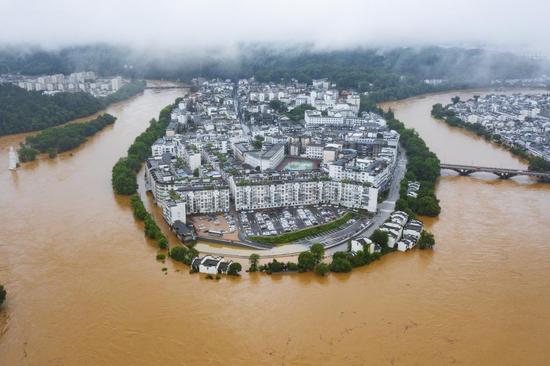



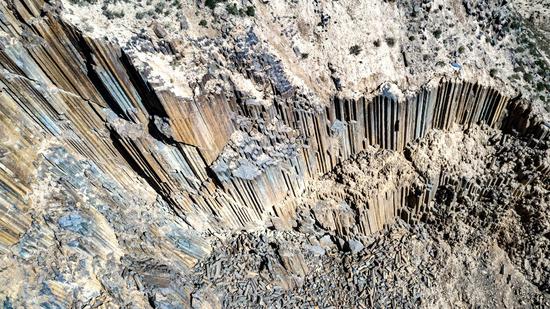
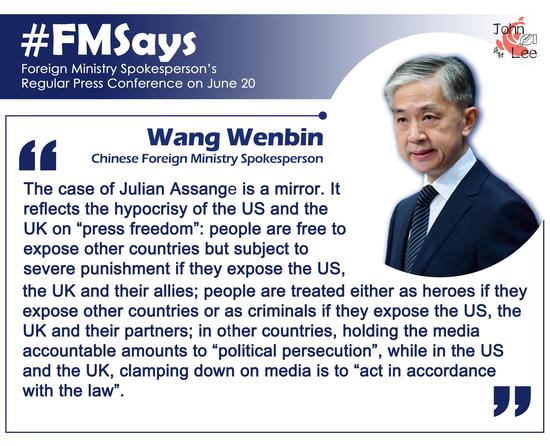





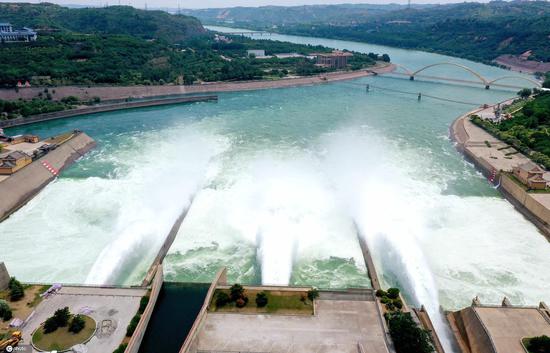






 京公网安备 11010202009201号
京公网安备 11010202009201号